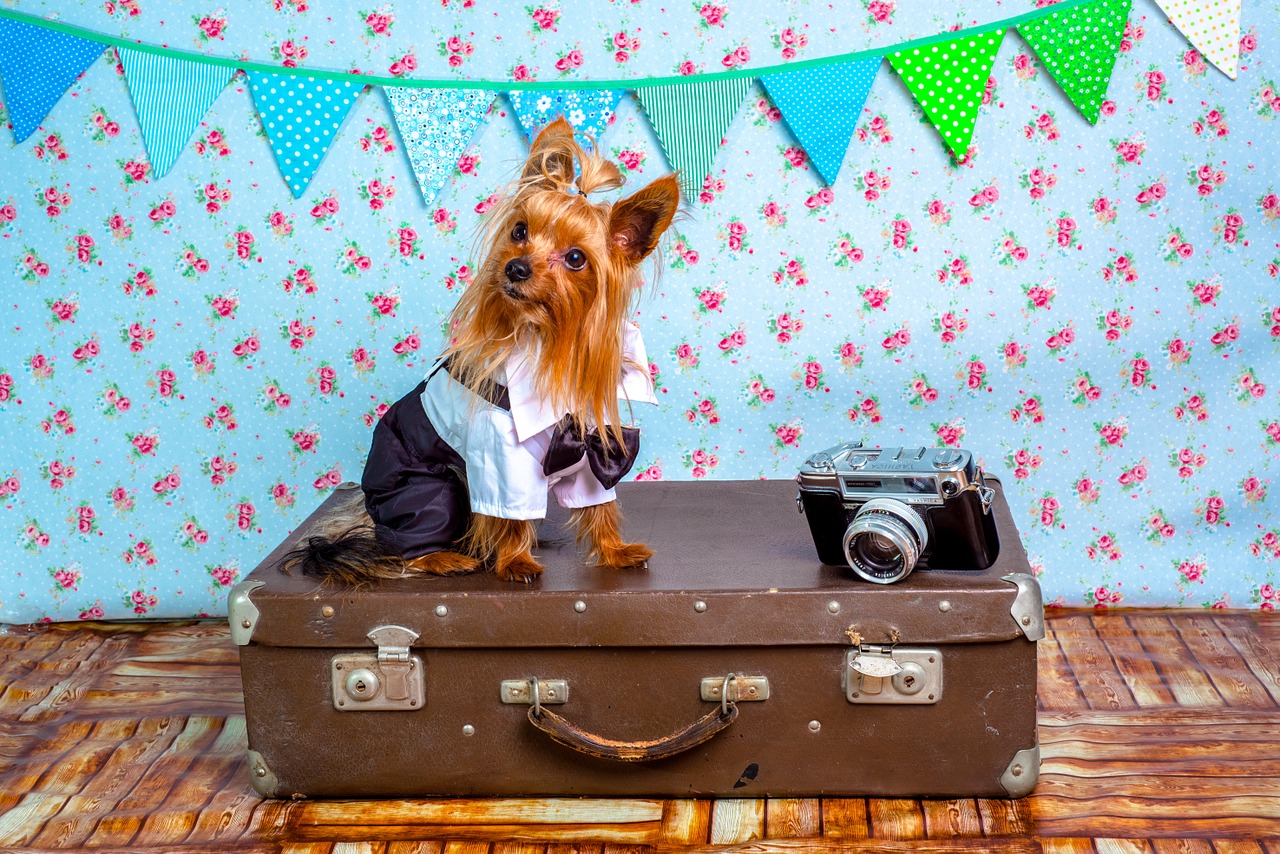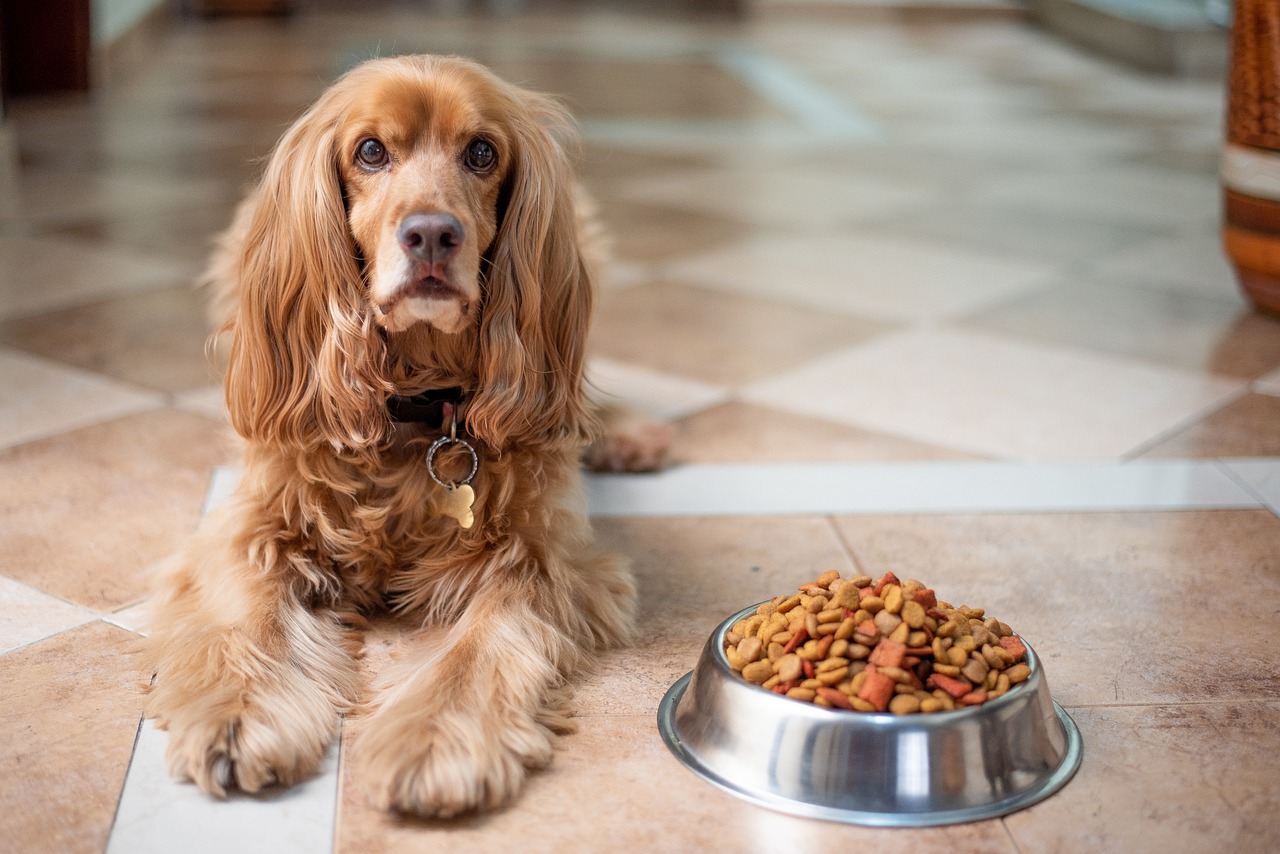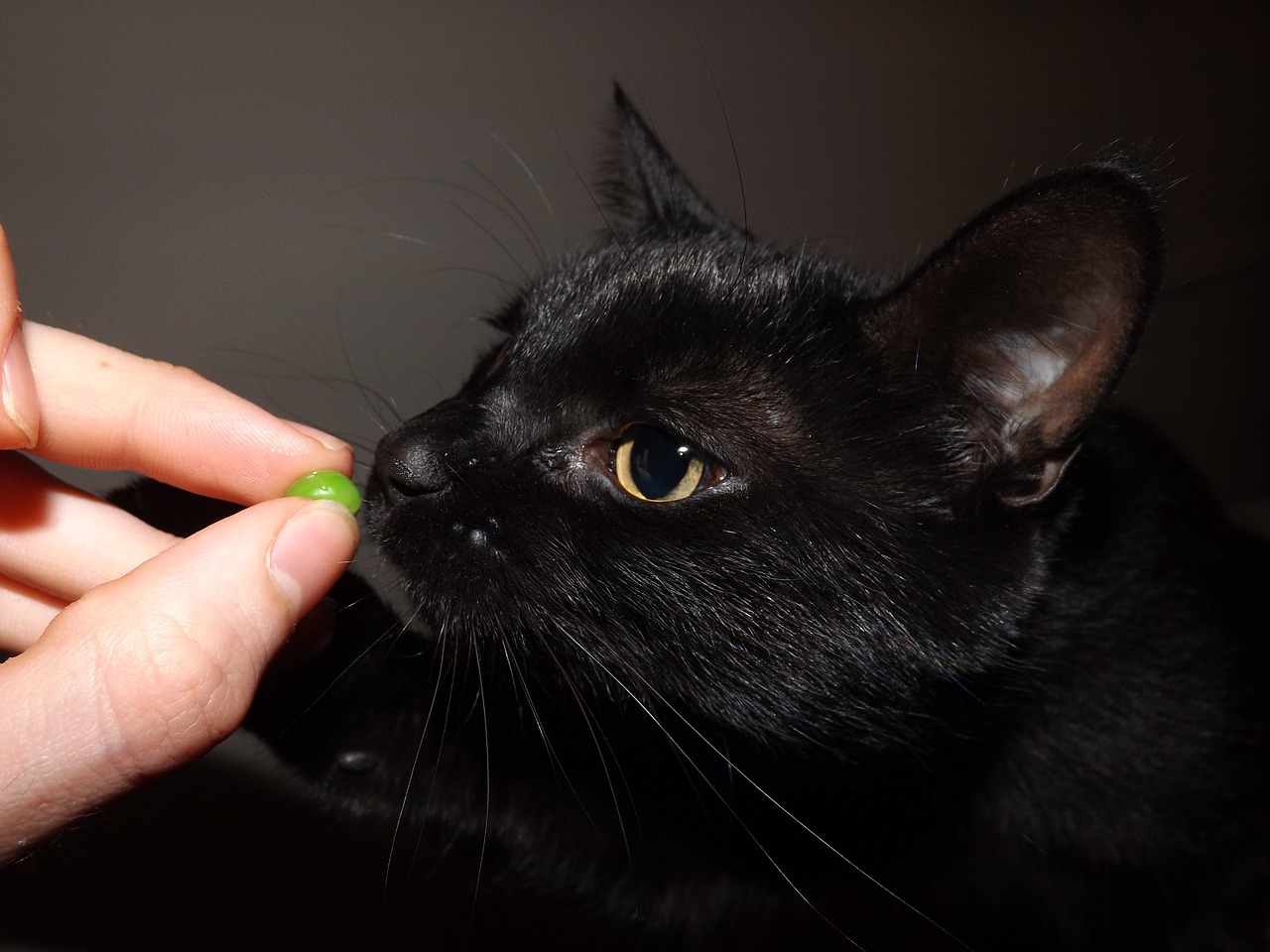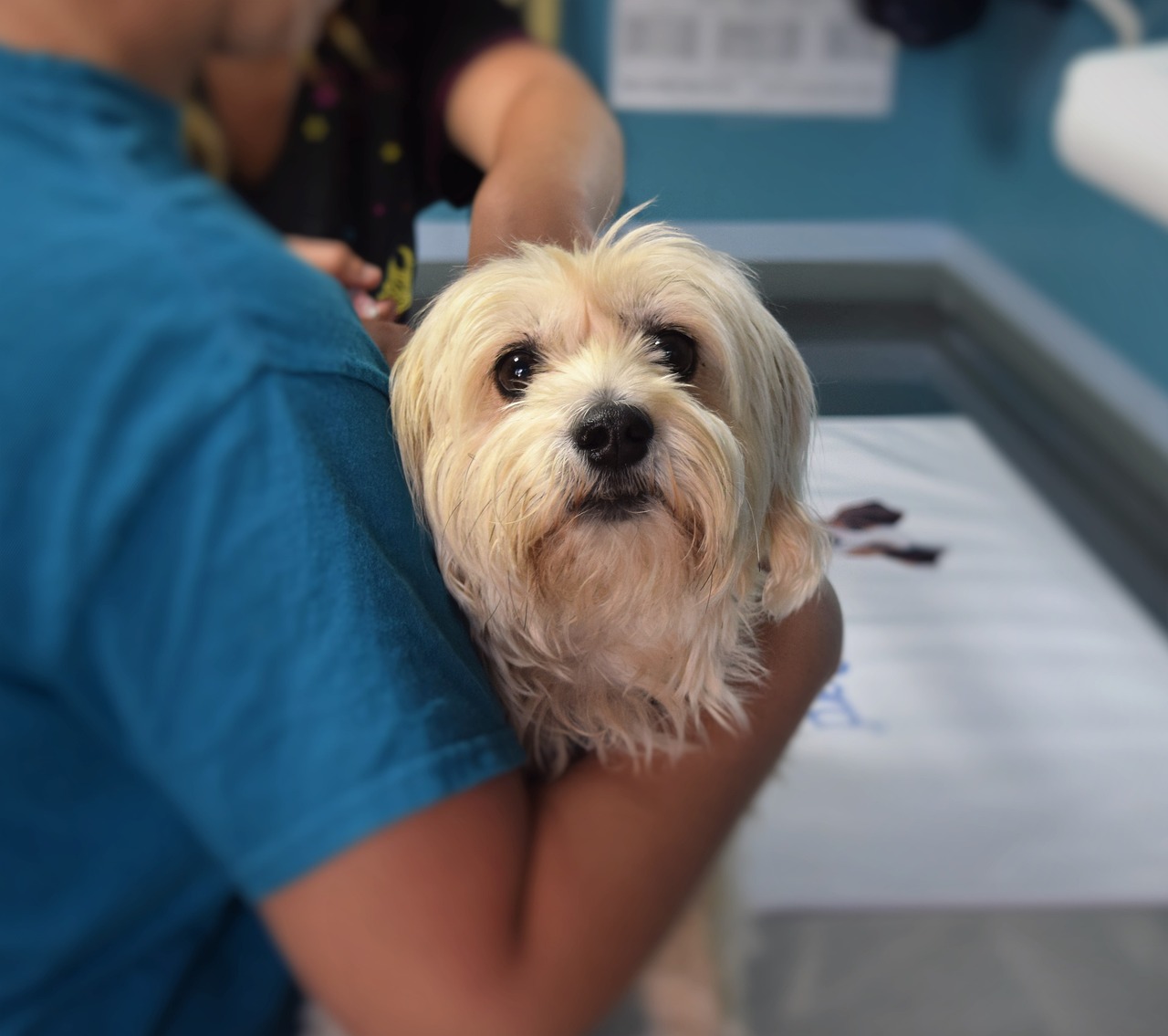Although it can be scary, the majority of pets will need surgery in their lifetimes, even if it’s just something routine like a spay or neuter procedure. It’s important to work with the vets involved to make sure you understand what to expect from the procedure, what care will be required afterward, and what you should do leading up to the appointment.
Since pets can’t do everything for themselves, this article will give a few quick tips on how to best prepare for your pet’s surgery.
Reduce Stress
Leading up to the appointment, do what you can to reduce your pet’s stress. Make sure they have a cosy carrier or comfortable ride to the vet. Give them some extra love or maybe even put on a special playlist to help keep them calm.
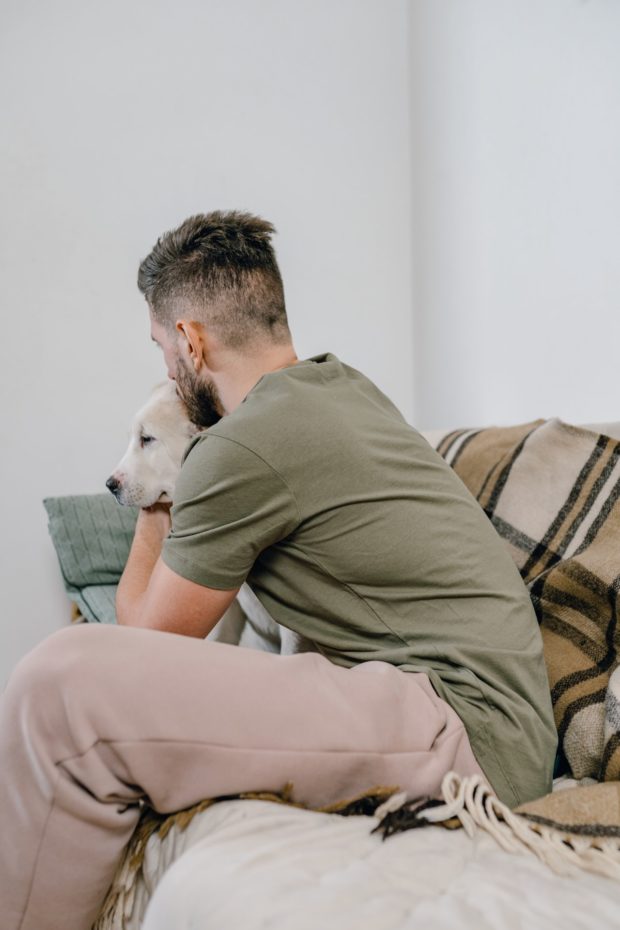
Follow the Rules
In most cases, if a pet is being put under anesthesia, they’ll be required to fast beforehand. While there are a few exceptions to this rule, it’s critically important that it be followed unless you’ve received explicit instructions from your vet that your pet is allowed to have a meal.
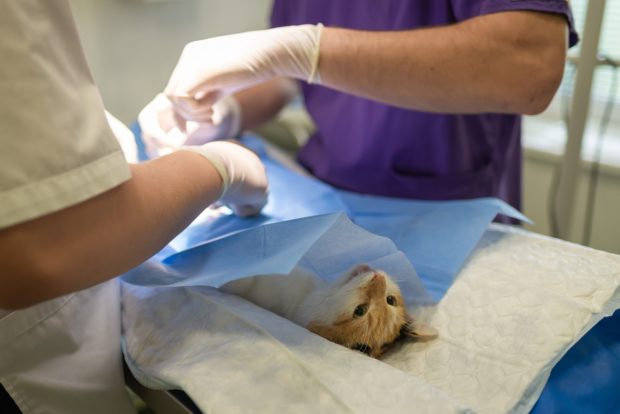
While under anesthesia, the swallowing reflex is affected, making it possible for pets to choke or aspirate if they vomit. The risk increases with recent food intake. It’s the same reason humans are typically required to fast before surgery, too!
Aftercare
Recovery times and requirements are different depending on the type of surgery your pet is having. Some may leave the clinic with only a few small stitches to tend to and will feel like themselves again in what seems like no time. Others will require more extensive periods of recovery and may need special assistance at home.
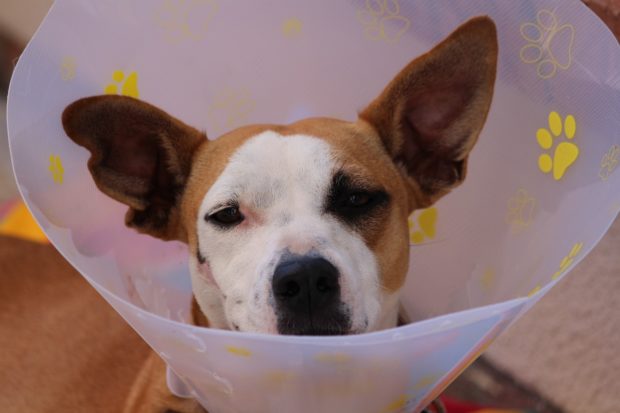
Learn as much as you can about what to expect in the recovery period. If you need to make special accommodations at home, like a different bed or different food, you can get that taken care of.
Conclusion
Taking the right steps to reduce stress, following the instructions the vets give, and preparing yourself and your home for your pet’s recovery will make all surgery appointments go smoothly for you and your pet!

